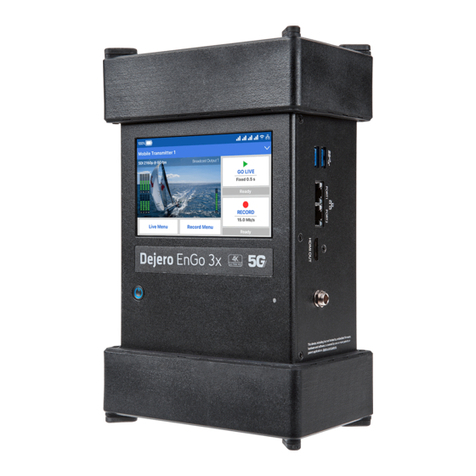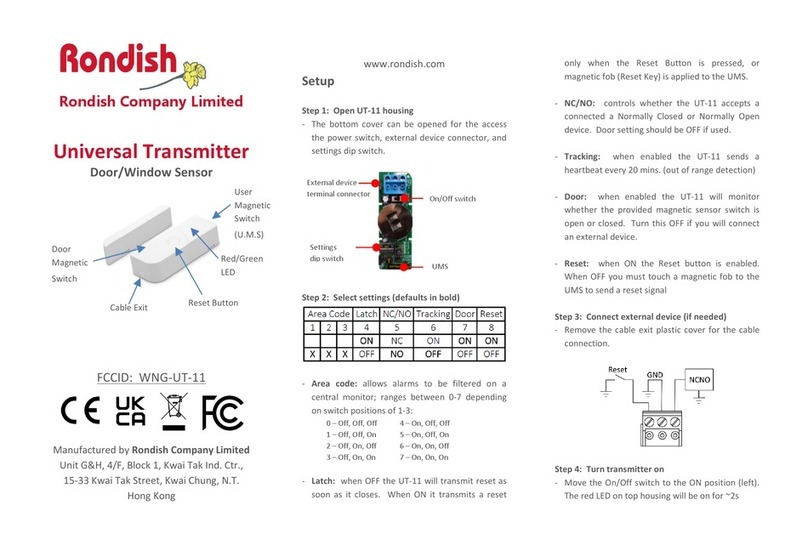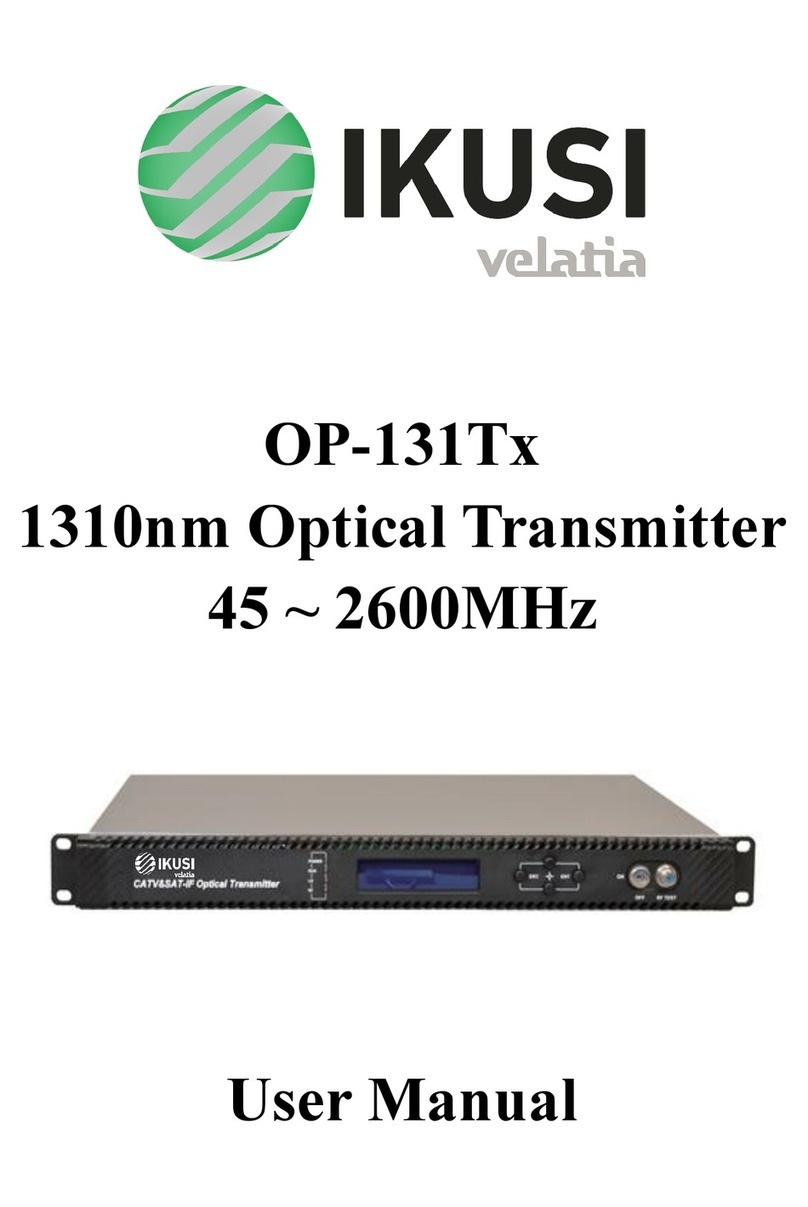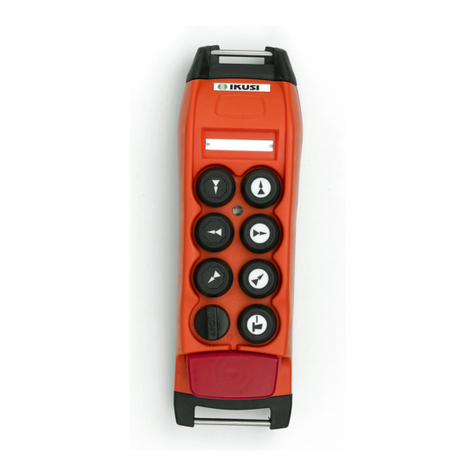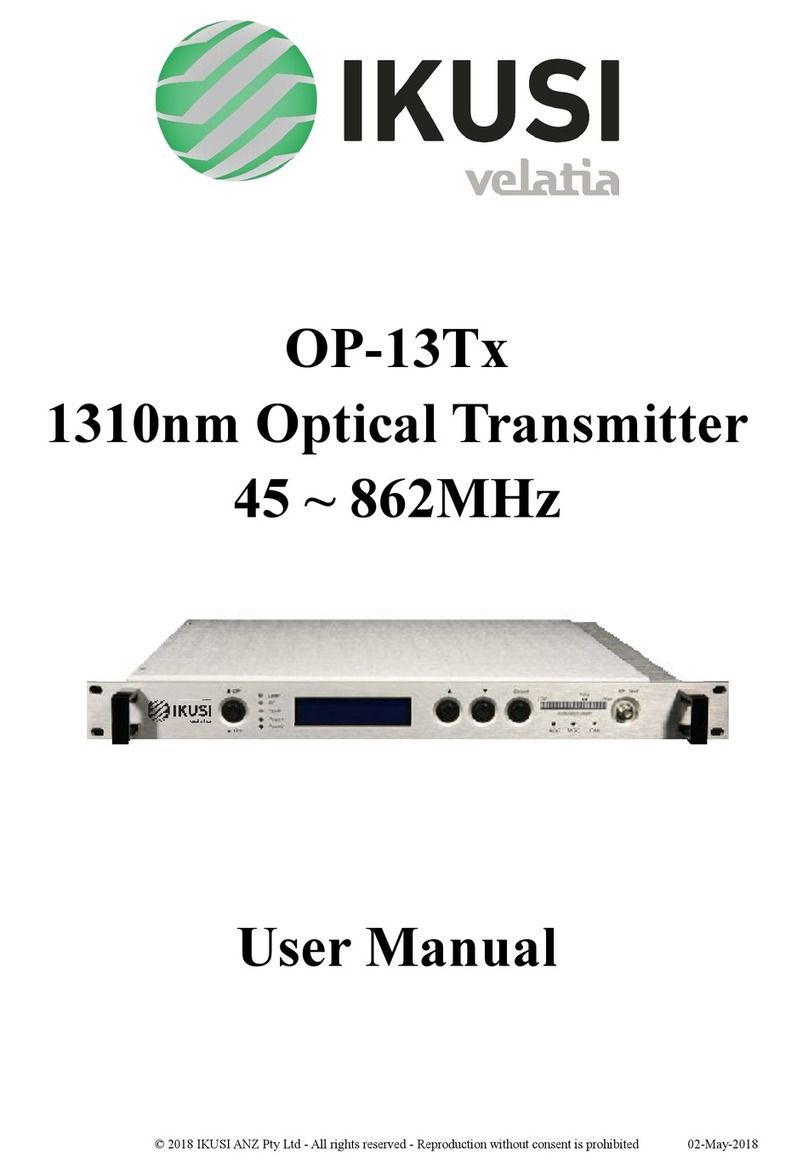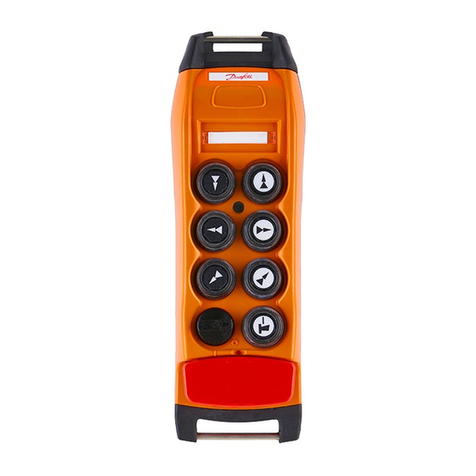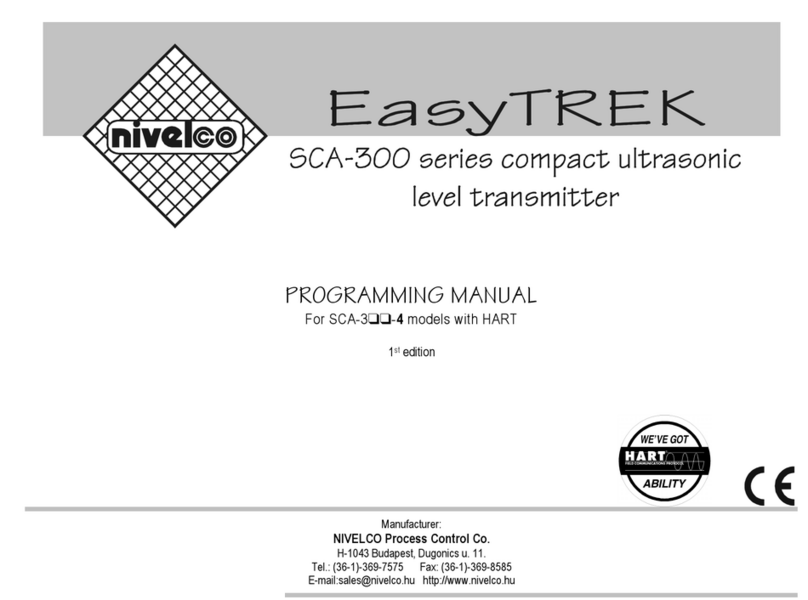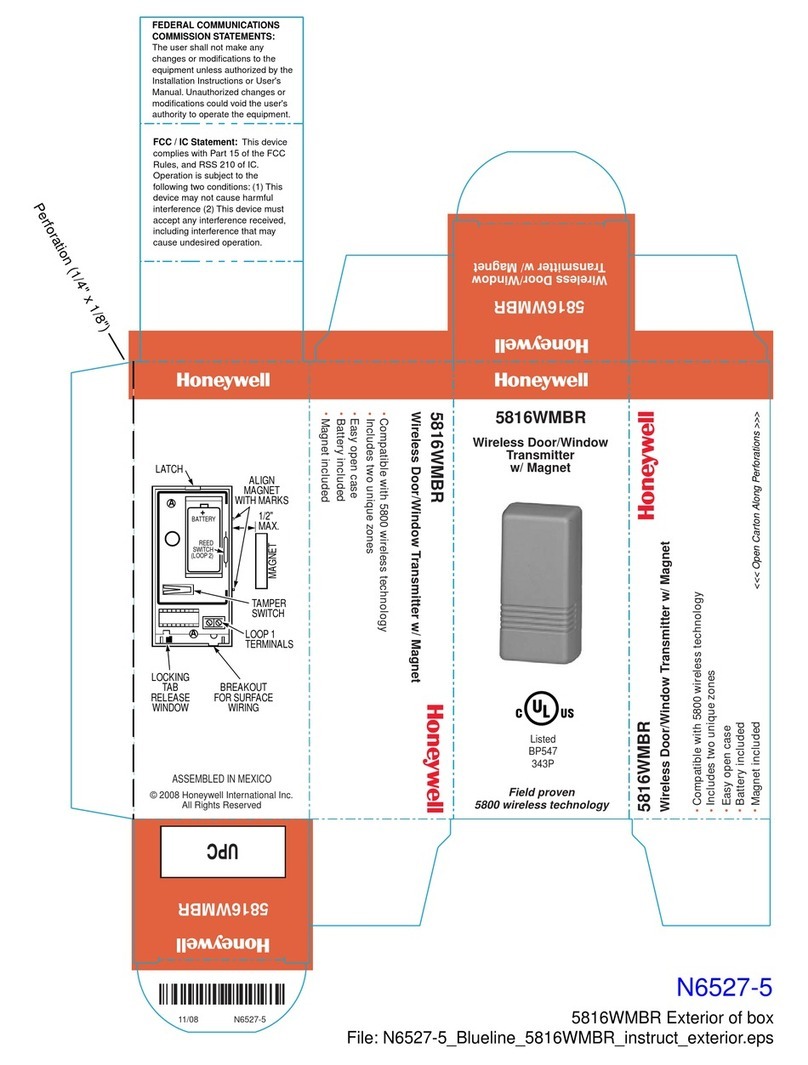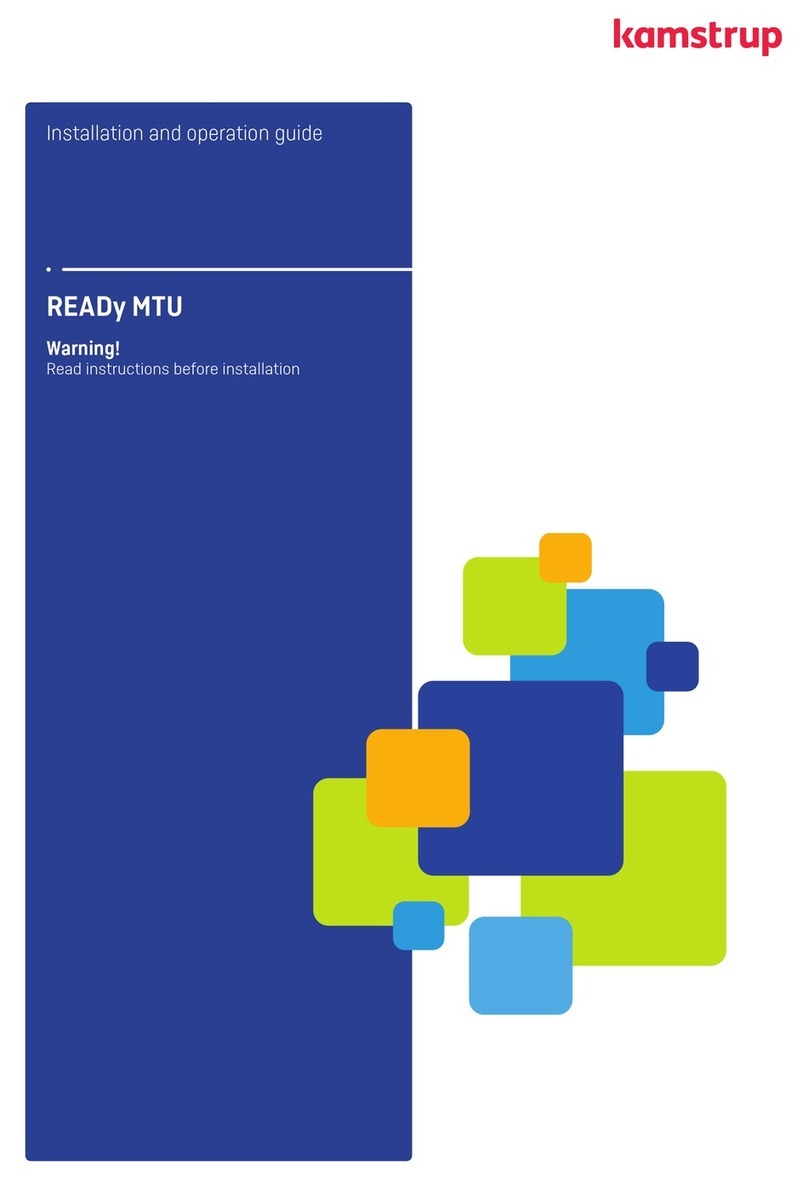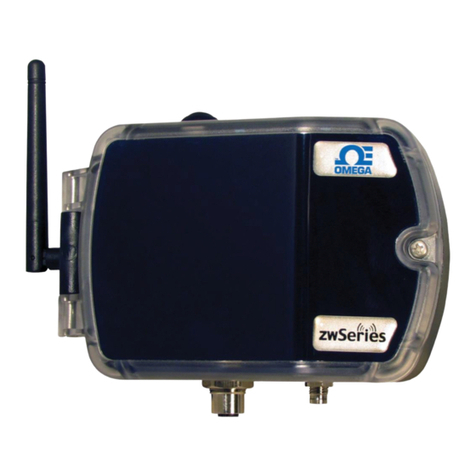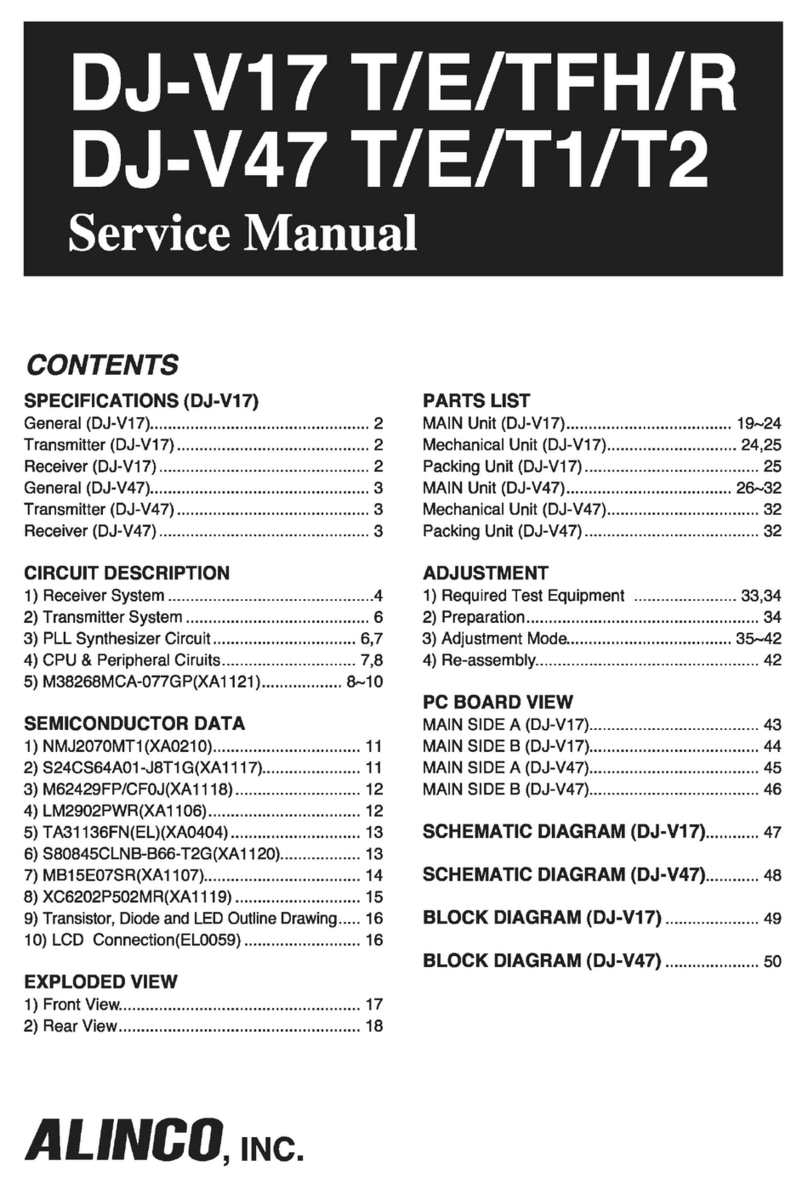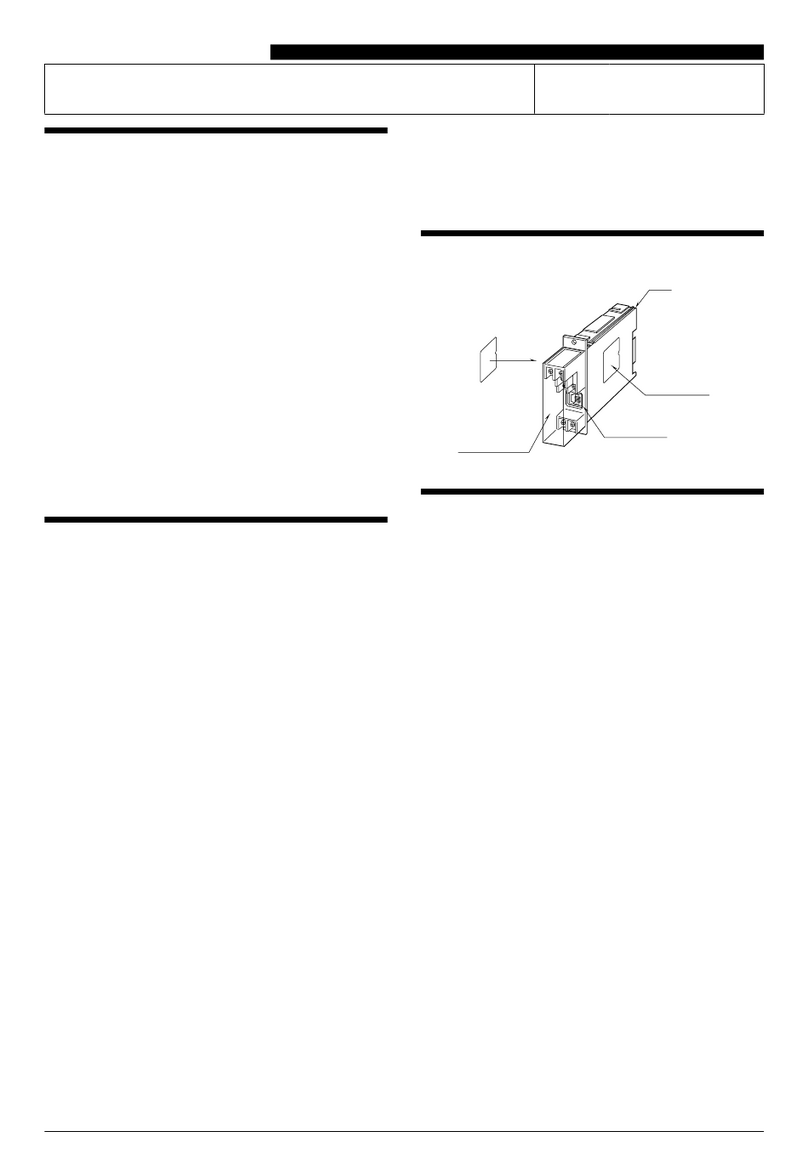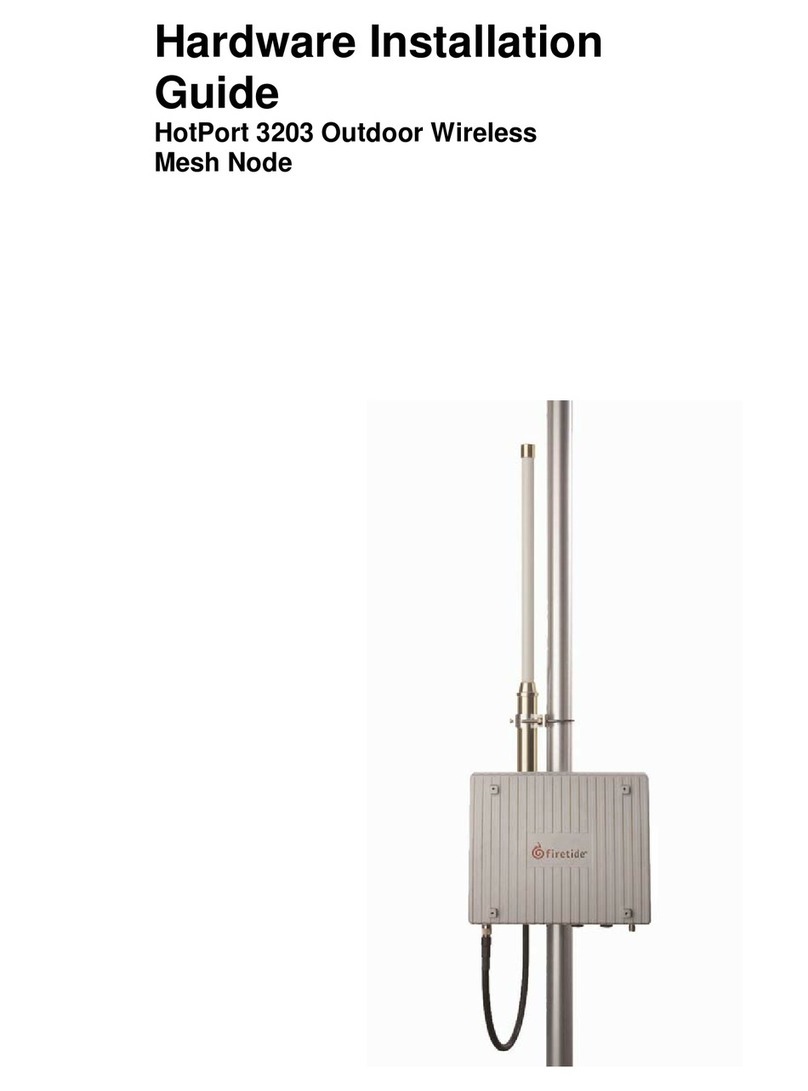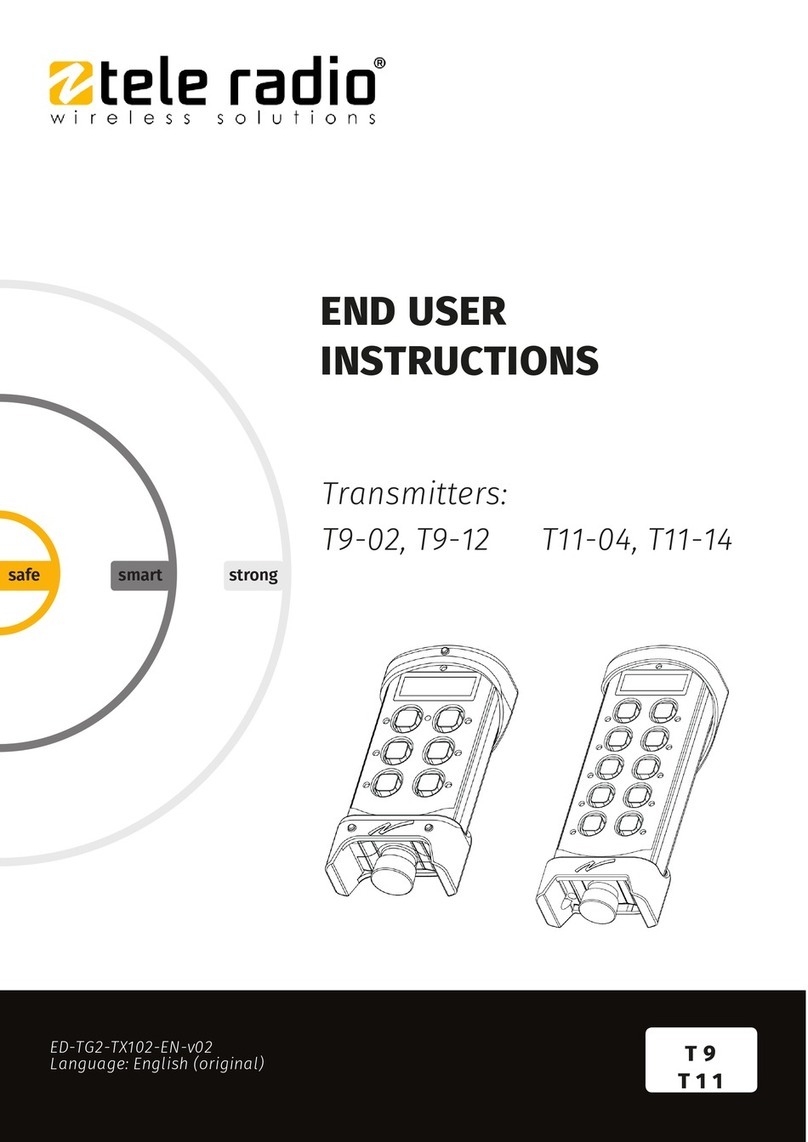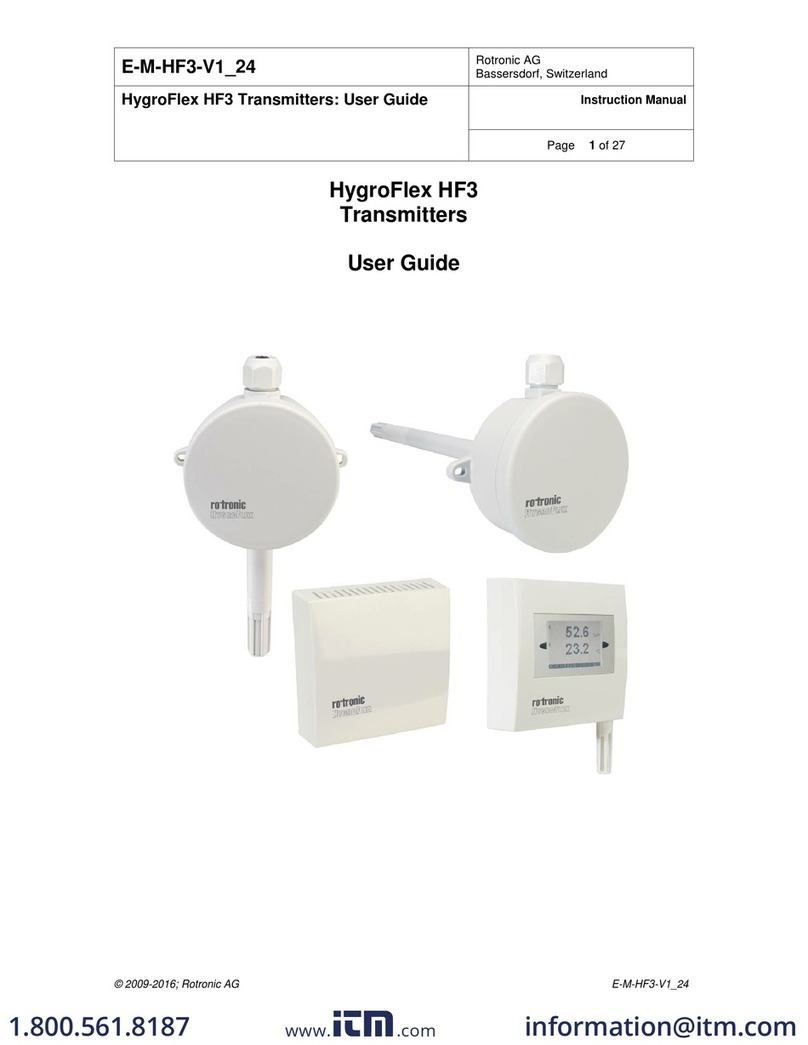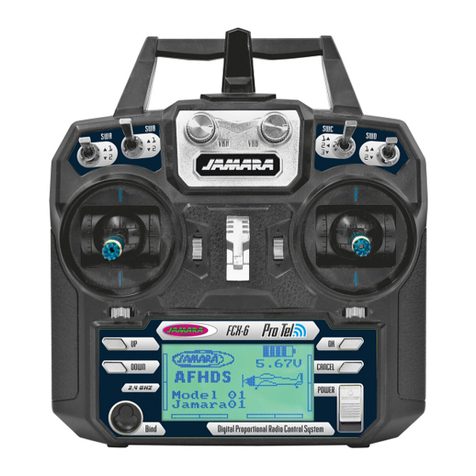TM60Pi (06/00) PAG. 2
2.- SAFETY PRECAUTIONS
These instructions must be read carefully in order to install and use
the set properly and to keep it in perfect working condition and to
reduce the risks of misuse.
Do not use this set on machines for the lifting of persons or in
potentially explosive atmospheres.
Any use other than that specified in this manual is dangerous. The
following instructions must be strictly adhered to.
2.1.- What you must do:
!Strictly adhere to the instructions for installation contained in this manual.
!Make sure that the installation is carried out by professional and competent personnel.
!Ensure that all site and prevailing safety regulations are fully respected.
!Make sure that this manual is permanently available to the operator and maintenance
personnel.
!Keep the transmitter out of reach of unauthorised personnel.
!Remove the transmission key when the set is not in use.
!On starting each working day, check to make sure that the STOP button and other
safety measures are working.
!When in doubt, press the STOP button.
!Whenever several sets have been installed, make sure the transmitter you are going to
use is the right one. Identify the machine controlled on the label for this purpose on the
transmitter.
!Service the equipment periodically.
!When carrying out repairs, only use spare parts supplied by IKUSI dealers.
2.2.- What you must not do:
!Never make any changes to the set, which have not been studied and approved by the
manufacturer.
!Never power the equipment other than with the specified power supply.
!Never allow unqualified personnel to operate the equipment.
!After use, never leave the equipment ON. Always use the contact key or the STOP
button to avoid accidentally activating manoeuvres.
!Do not use the set when visibility is limited.
!Avoid knocking or dropping the set.
!Do not use the set if failure is detected.
